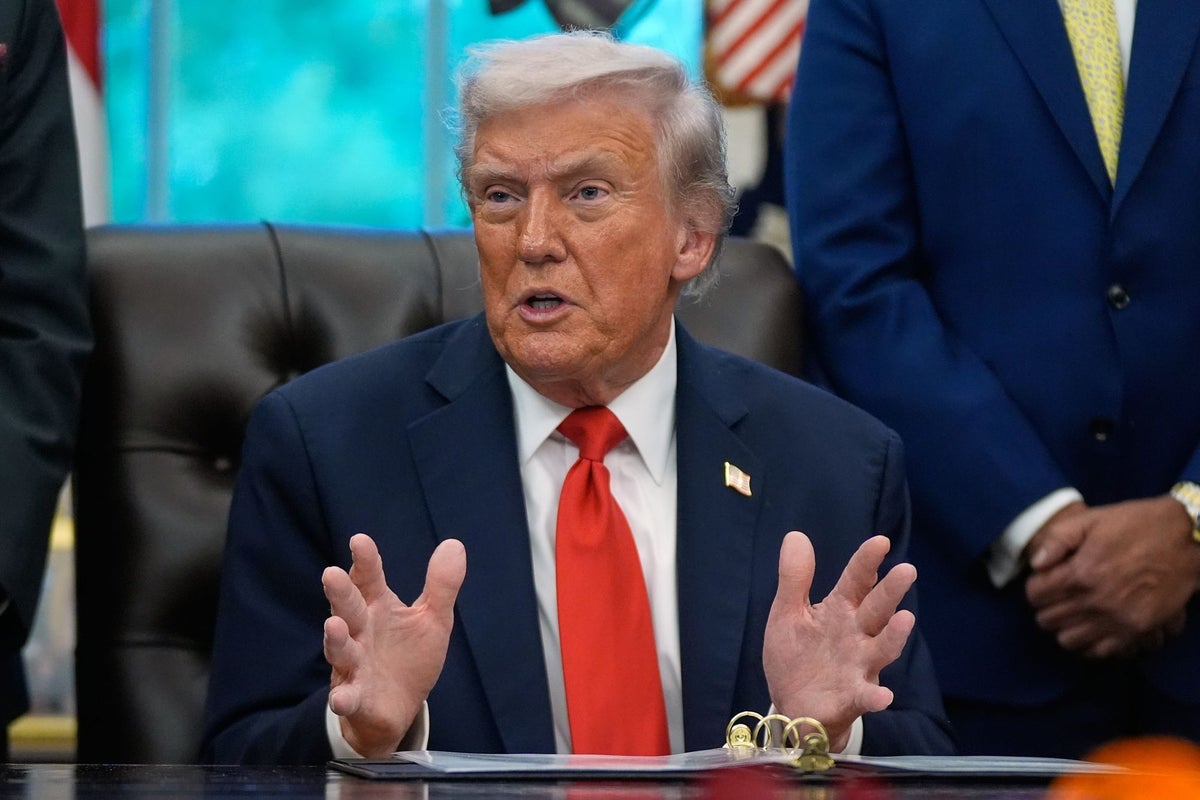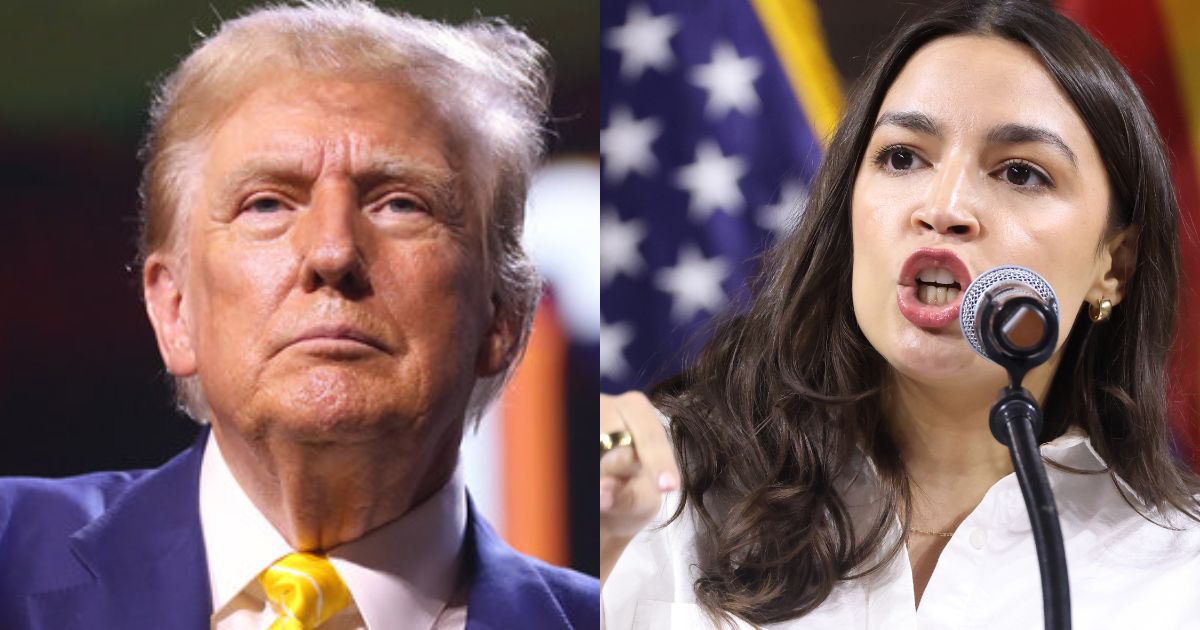One longtime Republican senator is publicly criticizing his colleagues for not having the “guts” to confront President Donald Trump, even when his policies harm their own constituents.
During a Friday interview with Politico reporter Dasha Burns, Sen. Rand Paul (R-Ky.) lamented that one thing he learned from 15 years in Congress is that it’s nearly impossible to persuade someone to do something “they’re not inclined to do.” He then observed that there are eight to ten “farm states” in the U.S. where agriculture is the main driver of the economy, and that privately, his colleagues from those states are frustrated about the damage Trump’s agenda is causing to their voters.
“There are twenty senators representing farm states who have always believed in free trade,” Paul said.” And they’re all grumbling, saying, ‘China isn’t buying any of our soybeans this year.'”
“The tariff war with China has led to this. And they don’t have the guts to criticize Trump because he’s their president—and frankly, they’re afraid,” he added. “They’re afraid he will do to them what he’s trying to do to me. That’s too bad, because it would be a little easier on me if I weren’t the only target, if there were other people willing to stand up and oppose bad policy.”
‘They’re afraid’: GOP senator says Republicans ‘don’t have the guts’ to stand up to Trump
https://www.alternet.org/senator-republicans-trump-afraid
https://www.msn.com/en-us/news/politics/gop-senator-says-republicans-don-t-have-the-guts-to-stand-up-to-trump/ar-AA1P9aBI








